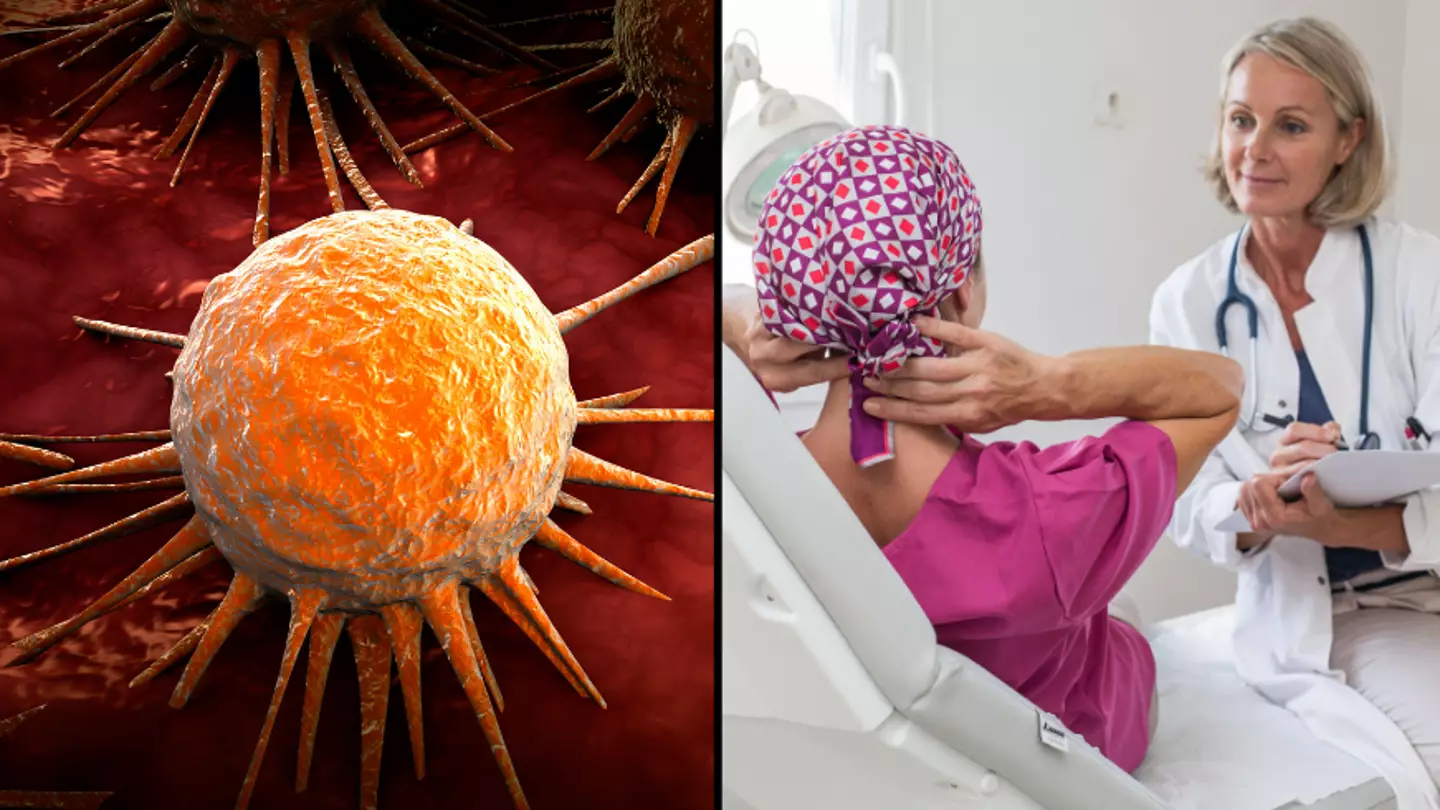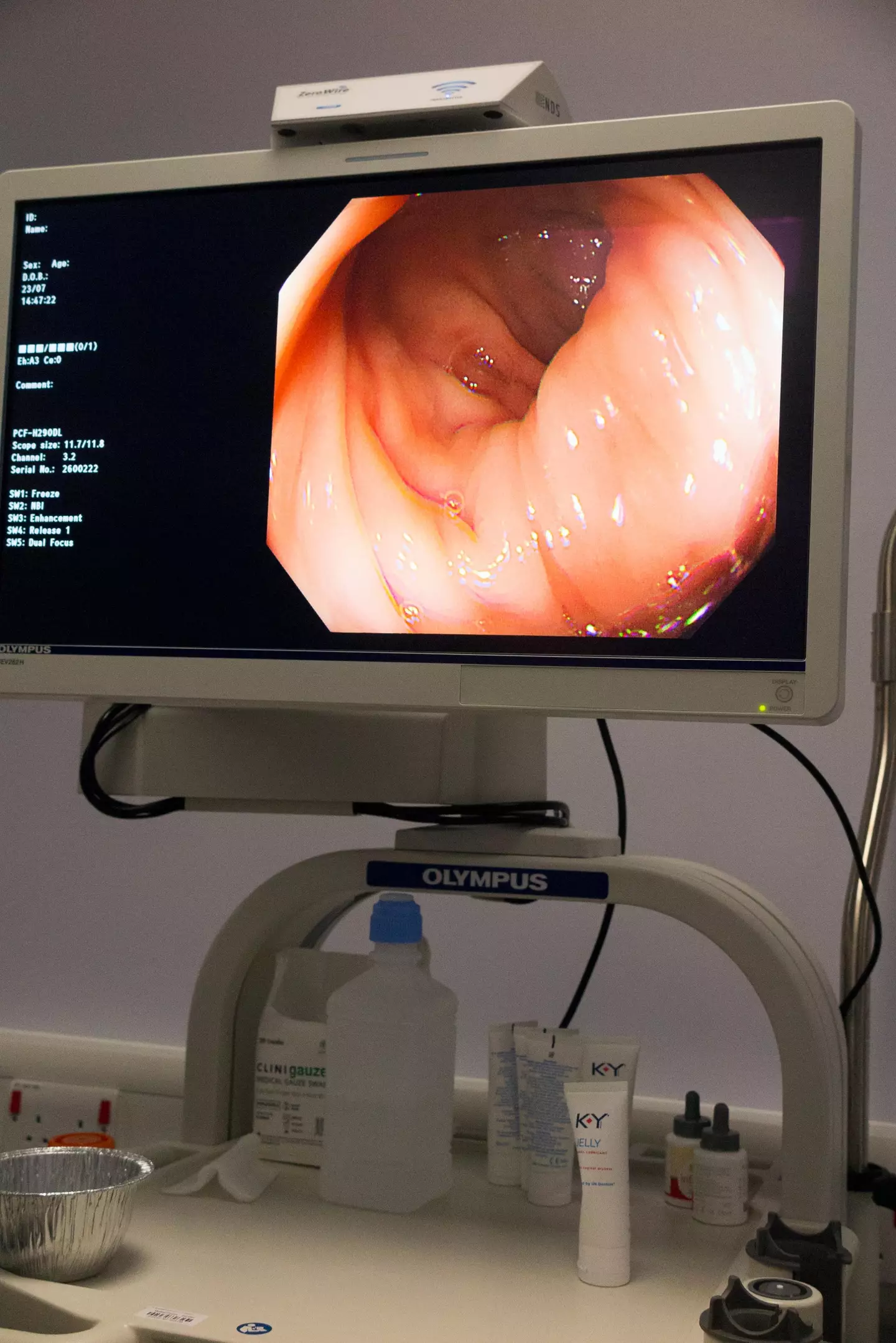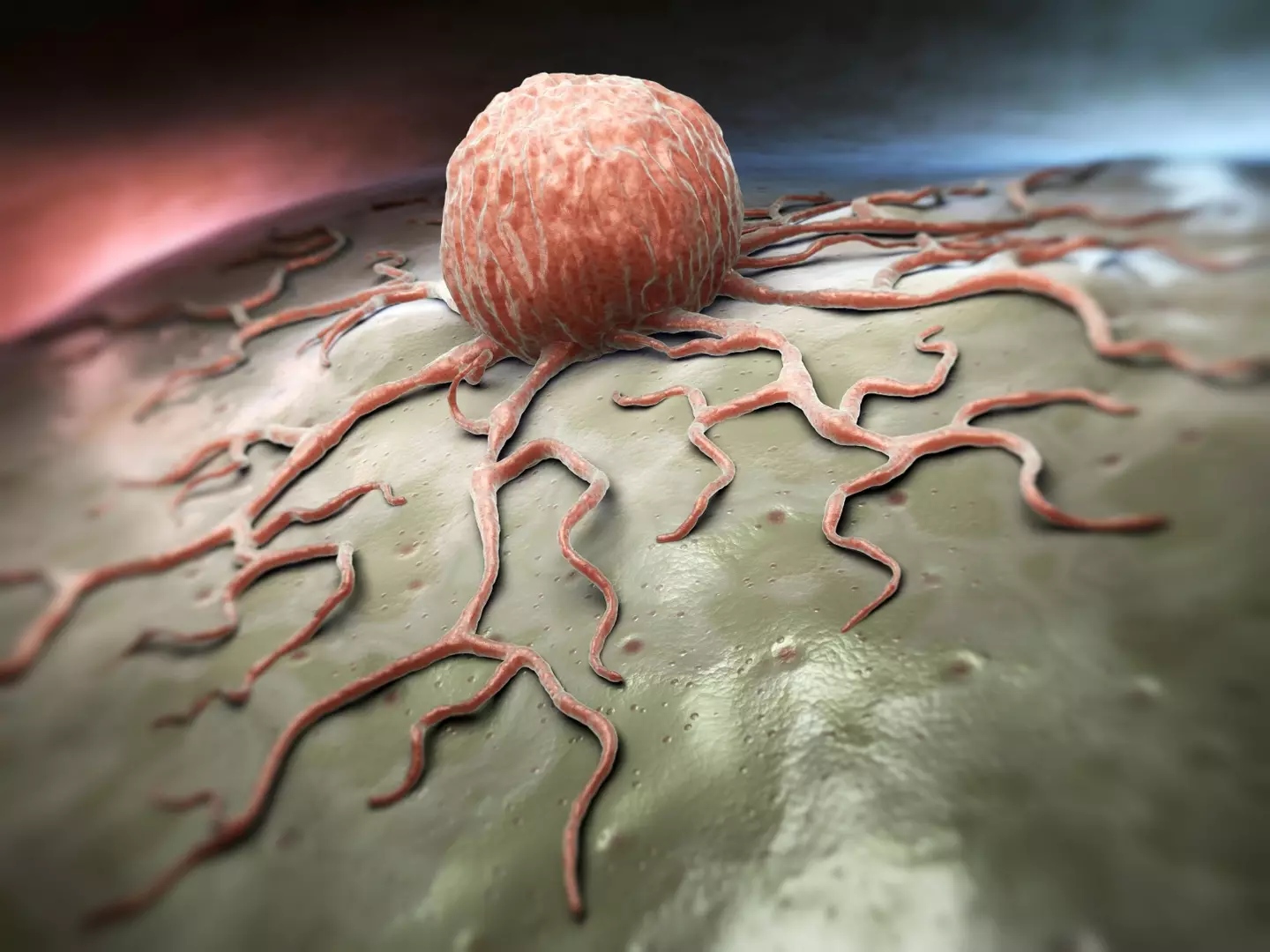
A new drug being tested for colorectal cancer has left doctors stunned after it returned a 100 percent success rate in clinical trials.
Dostarlimab, a drug with laboratory-produced molecules that act as substitute antibodies in the human body, left researchers astonished after all 18 participants were considered in remission one year after the drug trial.
Doctors conducted physical exams, endoscopies, PET scans and MRI scans and were unable to find any trace of cancer in their bodies.
Advert
Dr Luis A. Diaz Jr. of New York's Memorial Sloan Kettering Cancer Center said this was 'the first time this has happened in the history of cancer'.

Dr Diaz and a team of researchers published a paper on their findings in the New England Journal of Medicine, describing their phenomenal results.
The findings are now making waves in the medical world, with Dr Alan P. Venook telling the New York Times that complete remission in every single patient is 'unheard of'.
Advert
Dr Venook is a colorectal cancer specialist at the University of California and was not involved with the study, but he has hailed the research as a world-first.
He noted that it was especially impressive as none of the patients suffered significant complications from the trial drug.
The 18 rectal cancer patients involved faced gruelling previous treatments, such as chemotherapy, radiation and invasive surgery that could result in bowel, urinary, and even sexual dysfunction.
The patients went into the trial expecting to have to go through these as the next step, but instead no further treatment was needed.
Advert
Memorial Sloan Kettering Cancer Center and a co-author of the paper, oncologist Dr. Andrea Cercek, described the moment patients found out they were cancer-free.
"There were a lot of happy tears," she told the New York Times.

Colorectal cancer - more commonly known as bowel cancer, affects 100,000 Australians every year, according to Cancer Australia.
Advert
Dostarlimab is the latest cancer drug-making waves in the world of oncology.
In May, a team of US doctors unveiled their own groundbreaking research that could mean we are well on our way to a cure.
Scientists injected the first-ever human patient with a new genetically modified cancer-killing virus.
The drug - Vaxinia - has already proven to be successful in animal testing, so scientists and medical researchers have high hopes for what the results will be for humans.
Advert
So far, the Oncolytic virus has been found to shrink colon, lung, breast, ovarian and pancreatic cancer tumours in animal trials.
Featured Image Credit: Stocktrek Images, Inc. / Alamy Stock Photo. Phanie / Alamy Stock Photo.